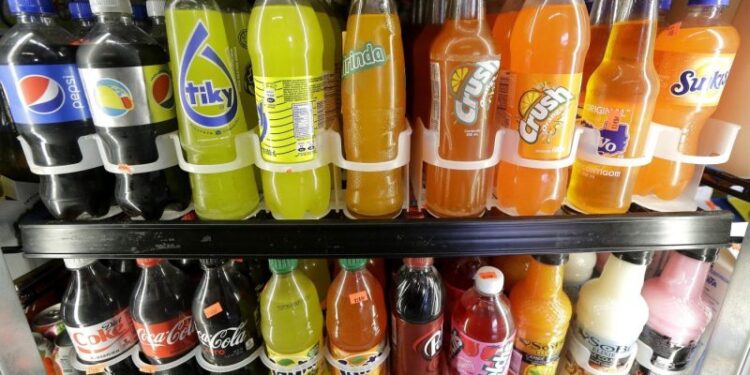
(NewsNation) — Recently published research suggests that it’s not just the amount of sugar you are consuming, but the kind of sweet treat you are eating that could affect your cardiovascular health.
A study from Dec. 9 in “Frontiers in Public Health” looked into the dietary habits of 69,705 people in Sweden between the ages of 45 to 83 years old from 1997 to 2019.
Researchers put the kinds of sweets people ate into three groups: treats, such as pastries, ice cream and chocolate; toppings, including table sugar, honey and jams; and sweetened beverages like soda and fruit drinks.
Of these, there was more of a link between cardiovascular disease and sweet drinks than the “treats,” researchers found.
“The findings emphasize the adverse health effects of sweetened beverage consumption and indicate higher cardiovascular diseases risks with lower treats intake, which warrants further investigation,” they wrote.
Lead study author Suzanne Janzi, a doctoral student in nutritional epidemiology at Lund University in Sweden, told CNN that it’s important to note that the study was observational.
While scientists did adjust for other factors such as age, sex, alcohol use, smoking, exercise level and body mass index, there could be more that were not accounted for, Janzi noted.
This means that while researchers found associations, they can’t say for sure that the ways people ate sugar affected the different rates of heart disease, Janzi said to CNN.
Michelle Routhenstein, a cardiology dietitian and owner at Entirely Nourished, said the reason sweet drinks seemed to do more harm to one’s health is because they have a high glycemic index, so they can rapidly spike blood sugar levels.
“This leads to a corresponding spike in insulin, the hormone responsible for helping cells absorb glucose,” Routhenstein said in a Healthline article.
Routhenstein told Healthline that consistently drinking beverages with a lot of sugar can affect the body’s ability to handle the high influx of sugar.
According to the American Heart Association, people should limit their added sugars to no more than 6% of calories each day. That is about no more than six teaspoons of sugar a day for most American women, the AHA says, and no more nine teaspoons, for men.






